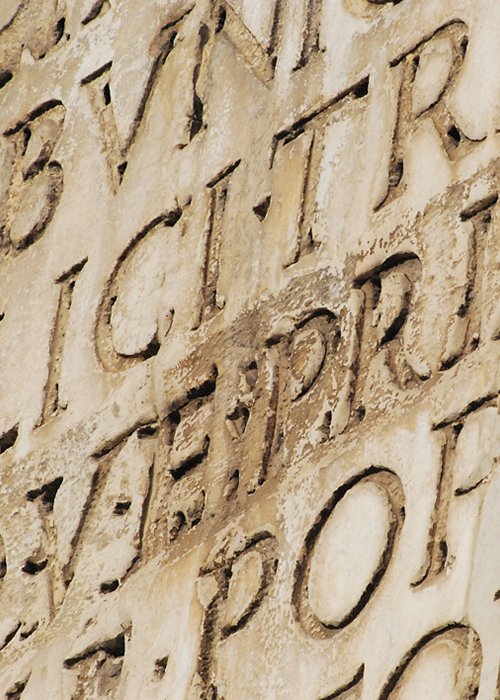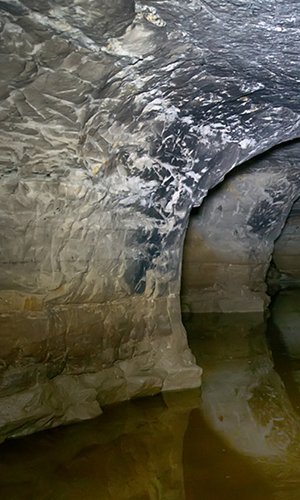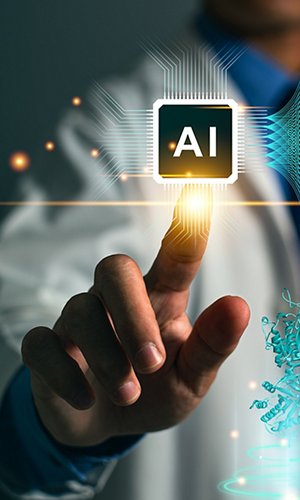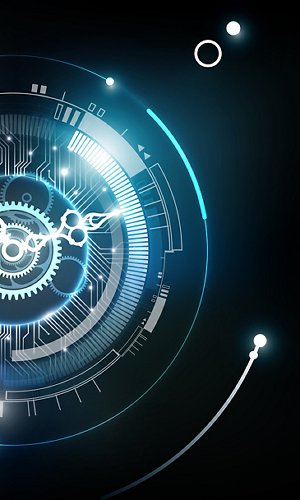Deciphering ancient texts carved in stone or metal—the art of epigraphy—is a captivating yet immensely challenging task. Inscriptions are often incomplete, weathered by time, or written in archaic Latin with cryptic abbreviations. For epigraphers, comparing these fragments with similar texts to reconstruct their meaning can take weeks or months of painstaking manual work. Now, a new artificial intelligence model promises to revolutionise the field.
Developed by a team of researchers from UK and Greek universities in collaboration with DeepMind (Google), the model is called Aeneas (Latin for Aeneas). It is a complex neural network trained on a vast dataset—over 176,000 inscriptions from the largest Latin epigraphy databases, spanning the 7th century BCE to the 8th century CE. Aeneas is designed to perform three core tasks: restore missing text, predict the geographical origin of an inscription, and estimate its age. In addition to these predictions, the AI also provides a list of relevant “parallel” inscriptions, retrieved instantly from the entire database. This means it can suggest to a researcher similar texts that might otherwise take months to uncover. Testing has shown Aeneas to be impressively effective. Compared to the work of 23 expert epigraphers, the AI predicted the age of inscriptions with striking accuracy: its estimates were correct to within about 13 years, whereas human experts averaged 31 years. Moreover, when specialists had access to Aeneas’s predictions and suggested parallels, their own accuracy improved significantly—both in dating, text restoration, and origin identification. Aeneas is not intended to replace historians, but to serve as a powerful assistant. It can analyse amounts of data unimaginable for a single human and generate “rational hypotheses” grounded in evidence. Although its database is smaller than that of general-purpose AIs like ChatGPT, its specialisation makes it an invaluable tool for deciphering the past and unlocking new paths for historical research. The synergy between artificial intelligence and the humanities promises to reveal many more secrets of ancient civilisations.





